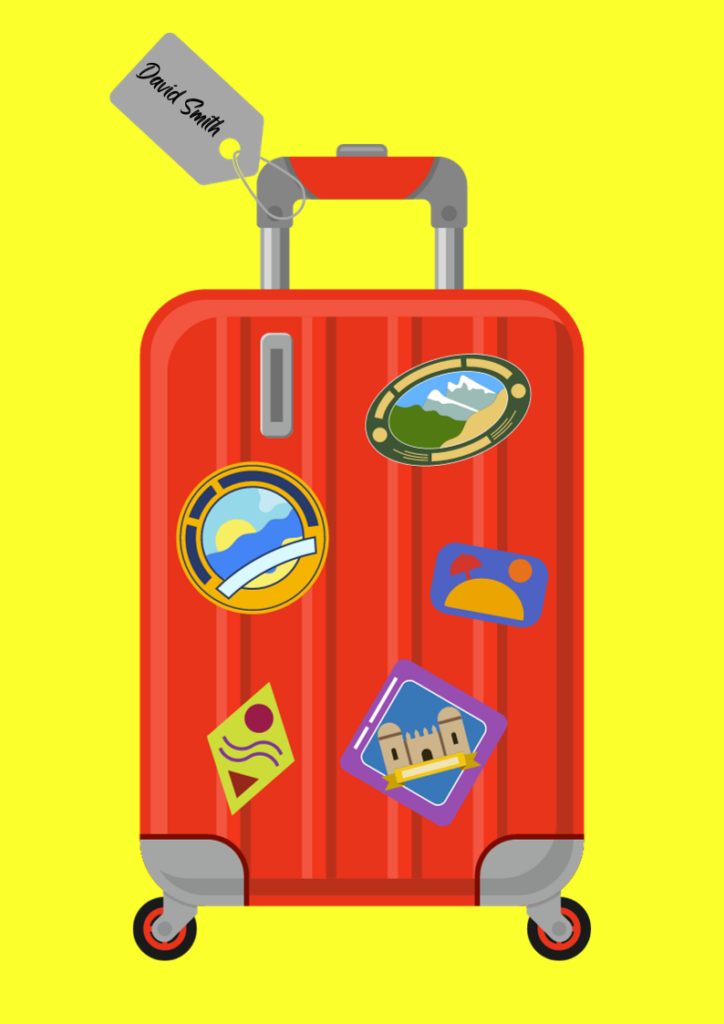Dementia and Travel
Alzheimer’s NZ says travelling with someone who has dementia or cognitive issues can be confusing or even dangerous if plans are not well thought out or if the person is not properly supported.
In the early stages, people who have had a diagnosis of dementia are often keen to live life to the full, and this is likely to involve travel.Leaving New Zealand usually involves flying, and most trips are long, with stopovers and crossing of time zones. This is stressful for most people, but more so for the person with dementia and their travel companions.
Is travel a good idea?
First you need to consider whether you really want to travel. Have previous trips with the person with dementia gone well, or has it been difficult for them to leave familiar surroundings? How do they cope when away from home? It may be sensible to try a short trip to see how you fare after a few hours in a car or train, and staying in strange accommodation. It might be better for the carer, spouse or partner to go away alone or with a friend rather than not enjoy a trip with someone who soon forgets all about it. If you do travel, the person with dementia should be in the best possible physical and mental health to make the journey.
Before your departure
Make sure travel arrangements are watertight at all stages. Pre-book pickups at destinations. Ensure the person with dementia knows what is happening and carries an itinerary with them. Fill in forms before getting to the airport. Have a back-up plan in case the person gets lost. Maximum travel time should be three to four hours, and avoid long haul flights if possible. It’s best to travel during daylight. Plan to sleep at the destination, and have the person with dementia take hypnotic medication, if the GP recommends this.
Companionship
It’s important for people with dementia to travel with companions they trust. The worst thing that can happen to someone with dementia is to board a plane in one city or country, and become distressed or get lost before they arrive at their destination. The most useful quality in a travelling companion is the ability to stay calm under all circumstances.
Pre-book assistance if the person with dementia is travelling alone. Ask for an aisle seat close to the toilet. If possible, board first and disembark last.
The person with dementia should carry their own and their companion’s details, their home address, and where they are staying on arrival. Carry too a doctor’s letter with clinical information about general health and medications as well as the dementia, including how to contact the person’s doctor at home. Include instructions about how to use any prescribed medications for emergencies.
Practical Suggestions
- Terminal Stress: Make sure you have easy connections – no rushing through the airport between flights, and as few connections as possible. Do not travel with a group, as it is difficult to keep up. Try to spend time in quiet parts of the airport during layovers.
- Medical: Learn to recognise delirium (acute confusion) and know how to prevent it. This may require some education from health care staff before travelling. Common causes in this situation are dehydration, alcohol, lack of oxygen, and sleep or sensory overload.
- On the Plane: Follow the usual rules for healthy flying. Make sure you drink plenty of fluids. Avoid alcohol; it dehydrates as well as increasing confusion in even small amounts, especially at high altitudes. Eat regularly. Hunger may cause the person with dementia to get agitated or restless. It’s a good idea to take your own supplies of food and fluids on board. on a long flight, exercise around the cabin will reduce physical discomfort and the risk of Deep Vein Thrombosis (DVT). Aircraft toilets can be too small for two people, so the person with dementia will need to be able to manage for themselves. Flight assistants cannot help with meals, personal hygiene, or the administration of medication.
- On Arrival: The airline may be able to help you get quickly through immigration and customs. A strange, large airport can be disorientating for anyone, but may be particularly difficult for the person with dementia.
- Travel Insurance and Fitness to Travel: Travel insurance does not cover dementia per se, but is usually sufficient for medical illnesses that may occur while you are away. Airlines ask that people with conditions that could make flying difficult be checked by their GP.
- Other Tips: Make sure all forms are completed before you get to the airport. If you have dementia, talk to your GP and family to see if they think you are ok to travel. For longer trips (such as air travel) choose a companion you trust to go with you.
